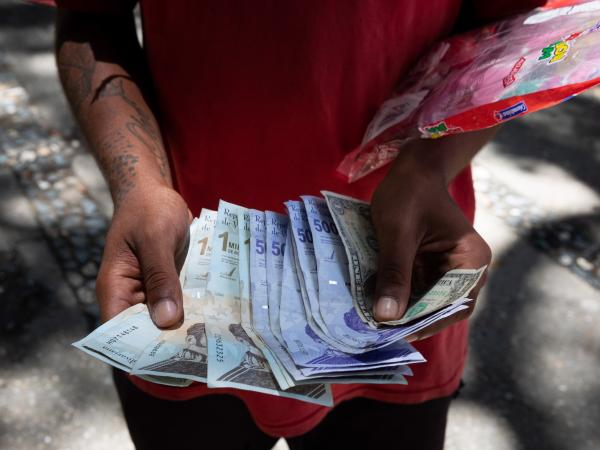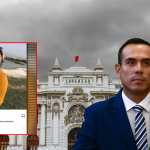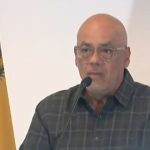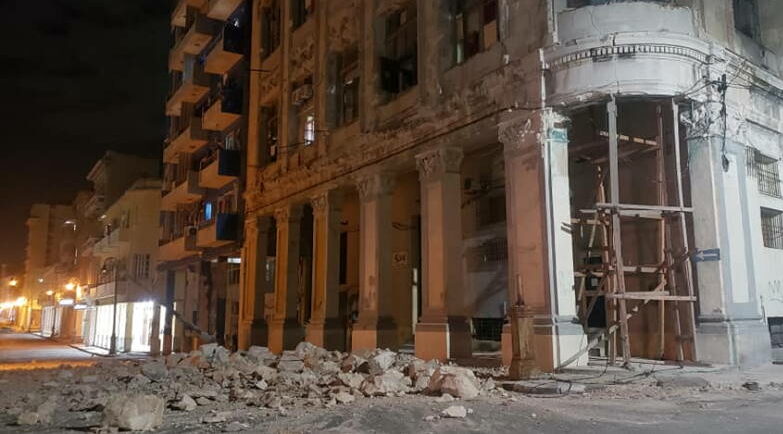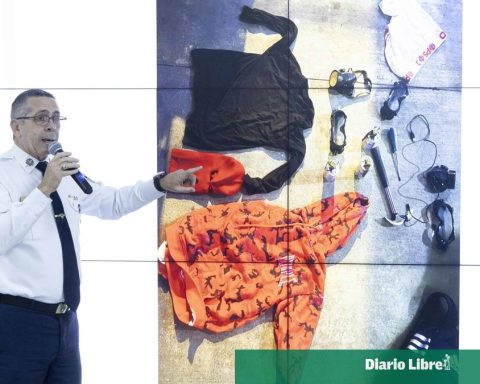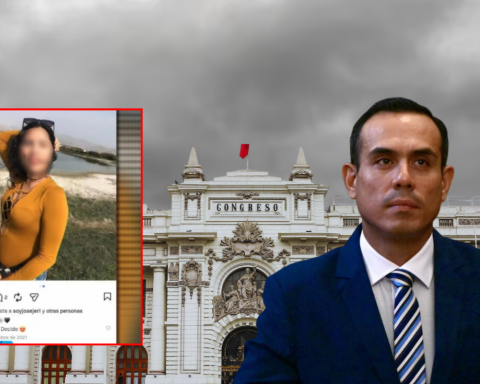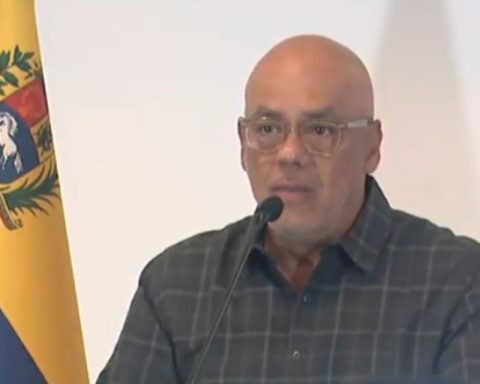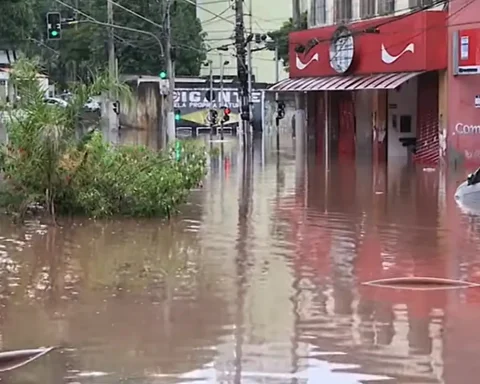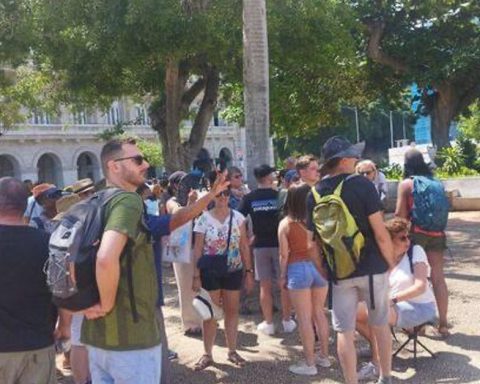A small restaurant in Caracas exchanges the discredited bolívares for dollars every day, hoping to get a good rate on the black market so as not to lose, in the midst of a new period of exchange rate instability in Venezuela.
(Official price of the dollar in Venezuela exceeds 10 bolivars).
The bolivar has depreciated 71.3% so far this year, according to data from the Central Bank. The Venezuelan currency experienced a “stability” between October 2021 and August of this year, when it began to wobble again.
From that moment on, the government dusted off terms such as “criminal dollar” and “speculative” to describe the parallel market. Today the official exchange rate is 16 bolivars per dollar (from 4.58 on January 3) and the black dollar is 17.47 bolivars.
At the exchange rate “Four mafias manage from Miami to harm Christmas, peace and tranquility to the people of Venezuela”lashed out at President Nicolás Maduro last week.
Experts agree, however, that there are other factors that influence this situation, from the increase in public spending in August, when the first shock occurred; the public sector bonuses in December, and the war in Ukraine, which has complicated the collection in Asia of the sanctioned Venezuelan oil income in foreign currency.
But the bottom line of the matter is that “people don’t want to have bolivars,” economist Asdrúbal Oliveros, director of the Ecoanalítica firm, told AFP.
(The Colombian peso, among the most devalued currencies in Latin America).
“The bolívares change hands very quickly because nobody wants them, and that ends up causing any surplus bolívares in the system to put pressure on the exchange rate,” he explained.
That is what happens in the restaurant where Yeisi Colombo works as a waitress. They ask customers not to pay by card because they would receive the money the next day in the afternoon “already devalued.” “Before the rate changes, you have to ‘manufacture’ the dollars,” she explains.
Talking about the exchange rate has become an everyday thing among Venezuelans: people stopped thinking in bolivars and converted everything to dollars. In an elevator, for example, a group of cleaning employees calculate how much their income will drop when they receive their fortnight: the minimum wage, which in March when it was adjusted 1,700% was equivalent to 28 dollars, today it does not reach 8 dollars due to the devaluation of the bolivar.
Venezuela lost 80% of its GDP between 2014 and 2020 in an unprecedented crisis, which is beginning to show timid signs of recovery, with the end of a long cycle of hyperinflation and projected double-digit growth for 2022, according to the government.
The stability of the price of the dollar was another way of drawing the end of the crisis, after the bolivar depreciated 76% in 2021 and more than 95% every year between 2018 and 2020.
“This attempt by the Central Bank to fix, to anchor the exchange rate, for two years now, has collapsed,” explains the economist and university professor Leonardo Vera.
“They have sought an exchange rate that is too low” in a country that has “200% year-on-year inflation, without international reserves, and with the engine of its economy -oil- damaged”, argues.
Oliveros points out that in the last two months “the government has decreased the amount of cash dollars it sells” or injects into the market to keep the price of the greenback stable, partly because “It is getting difficult for him to collect the oil bill in Asia through Russia,” It will be one year since they invaded the Ukraine.
(Venezuela’s plan to contain the fall of the bolivar against the dollar).
For small businesses, the situation is a daily challenge. The government has tried to “bolivarize” the economy with a tax on dollar transactions, but the decline in value of the bolivar leads small businesses like the one in Colombo to scramble for the US bill, for which they must resort to the parallel market since that cannot be exchanged in banks.
The payment of an outstanding State debt with teachers in August dealt a strong blow to the bolivar, which in just 48 hours, between the 23rd and 25th of that month, depreciated almost 20%.
“The government resorted as always to the Central Bank of Venezuela to issue bolivars and make that payment,” says Henkel García, director of the Albusdata firm. “It would be the preamble for November and December”, when the bonuses are paid… which were dissolved.
With this scenario, Elia González, a 52-year-old hairdresser, doesn’t know if she will be able to buy the traditional December premiere of clothes for her son. She “will have to put on what she has behind (ndlr: from before) and if she doesn’t fit, she has to make a sacrifice.”
AFP
